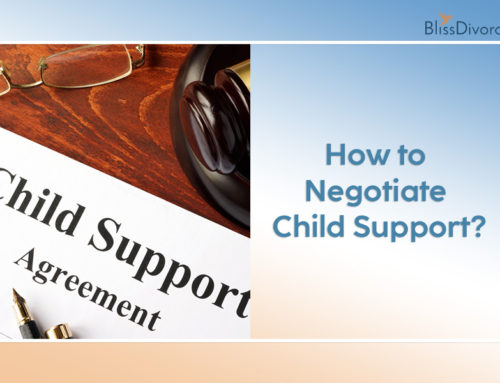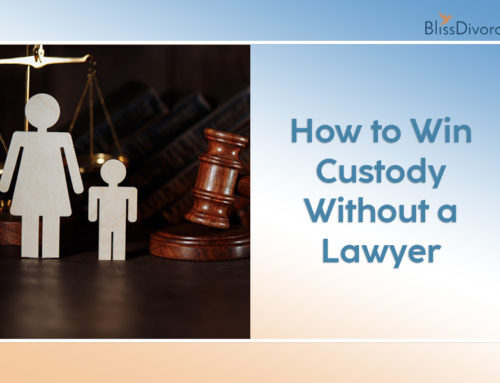For children, the family structure is their world. Without our guidance and support, a child may feel like that world is coming to an end. Here are some tips for helping your child during this difficult time.

Source: shutterstock.com / Photo Contributor: Pixel-Shot
Listen to them.
Each child’s concerns and feelings are unique. Talk to your child and help them to express their feelings and concerns. Give them opportunities for expression that go beyond just talking. Books about divorce written for children can be conversation openers. Art projects can give them space to express feelings that words cannot.
Don’t try to dismiss or correct their feelings. Instead, take time to understand what they are telling you, and tailor your approach to what you’re hearing or seeing.
Let them know what will change and what won’t.
As adults, we have an understanding of what life will be like for our family post-divorce. Our children don’t.
Take time to explain the following to your child:
- That they are, and will always be, loved
- That things are going to get better
- That they will have food, toys, and a place to sleep
- That you will protect them and make sure they are safe
Your child may also have specific questions and concerns that no one could have anticipated. Answer these in plain, simple, honest language. Acknowledge that this is a difficult time for you and them, and let them know that you will get through it.
Share what helps you.
As adults, we have tools that children lack. We understand that our bad feelings aren’t forever. We may even have some strategies for calming ourselves down or distracting ourselves.
Children learn through imitation. Modeling healthy ways to cope with stress, fear, and uncertainty can be beneficial for a child. Additionally, we can talk about our bad feelings and be explicit about what we’re doing to handle them.

Source: shutterstock.com / Photo Contributor: LightField Studios
Get a family therapist.
If you are finding your feelings, or your child’s feelings, challenging to navigate, you aren’t alone. These feelings are very common for parents during divorce. A family or child therapist can be a safe place for your child to discuss their feelings and learn ways to manage emotions relating to your divorce.
*This article is for informational purposes only and is not intended to provide legal advice. If you require legal advice, please contact a licensed attorney in your local area.




